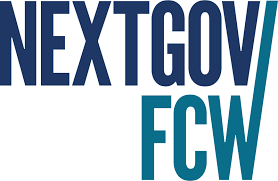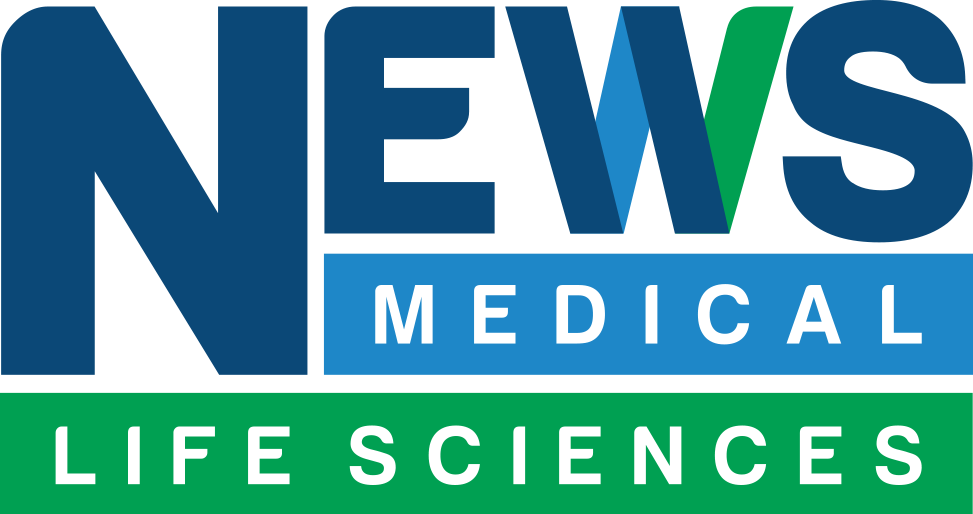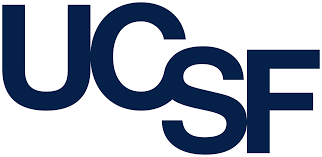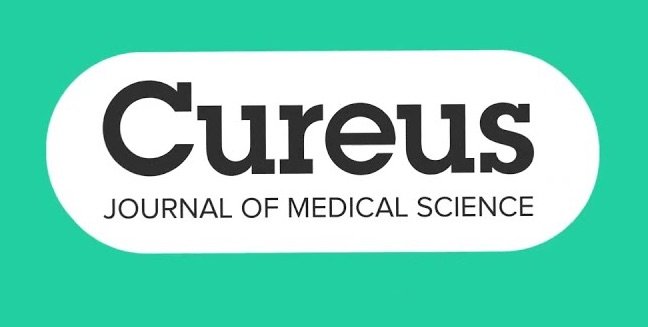
Editor's Note Bariatric surgery significantly reduces the progression of chronic kidney disease (CKD) in patients with type 2 diabetes and obesity compared to those on GLP-1 diabetes medications, according to a study from Cleveland Clinic. Published in Annals of Surgery and detailed in a September 20 announcement from Cleveland Clinic,…

Editor's Note The Health Infrastructure Security and Accountability Act, introduced by Senators Ron Wyden (D-Ore.) and Mark Warner (D-Va.), proposes new mandatory cybersecurity standards for the healthcare sector, with oversight from the Department of Health and Human Services (HHS), Nextgov/FCW reported September 26. The bill, which amends the Health Insurance…

Editor's Note MedStar Georgetown University Hospital’s Verstandig Pavilion is now home to a moveable MRI system that enables real-time intraoperative imaging, NBC Washington reported September 18. As detailed in the article and accompanying video, MRIs are typically performed the day after surgery, sometimes revealing residual tumor tissue that could have…

Editor's Note Starting October 1, US hospitals participating in Medicare's Inpatient Quality Reporting Program will need to report adherence to 25 patient safety best practices, as mandated by the Centers for Medicare & Medicaid Services (CMS). According to a September 4 report from the Association of Health Care Journalists, the…

Editor's Note Researchers at MIT and Massachusetts General Hospital (MGH) have developed statistical models to improve how anesthesiologists manage unconscious pain, or nociception, during surgery, according to a September 23 report in News Medical. Derived from over 18,000 minutes of surgery data across 101 abdominal procedures, the models aim to…

Takeaways Providers are generally seeking to reduce use of travelers through strategies such as float pools, training programs, and cultural reforms. However, travelers remain useful as a bridge to permanent staff and for difficult-to-fill positions. Best practices for selection, onboarding, team integration, and performance evaluation are essential for maximizing return…

Human trafficking (HT) is a hidden-in-plain-sight crime—victims walk among the public at large, yet they remain essentially invisible. Lack of education and knowledge on HT and anti-trafficking measures is particularly egregious in healthcare. In fact, the literature shows the majority of people being trafficked access the system without being identified…

Editor's Note Tubal sterilization, often considered a permanent form of contraception, has a failure rate of 3% to 5%, leading to unplanned pregnancies in some cases, UC San Francisco reported August 27. Publishing in NEJM Evidence, university researchers report that contraceptive arm implants or intrauterine devices (IUDs) may be more reliable…

Editor's Note According to this report published by The Leapfrog Group this month, hospitals in the US have significantly improved hand hygiene compliance, with 74% meeting the Leapfrog Hand Hygiene Standard in 2023, up from 11% in 2020. Among other factors, the report attributes this improvement to increased use of…

Editor's Note Often exceeding federal safety limits, OR noise contributes significantly to communication breakdowns, heightened cognitive load, and increased surgical errors, according to a review of literature published September 17 in Cureus. Identified noise sources include surgical instruments, alarms, and staff conversations, which can reach up to 120 decibels (dBA)—a…